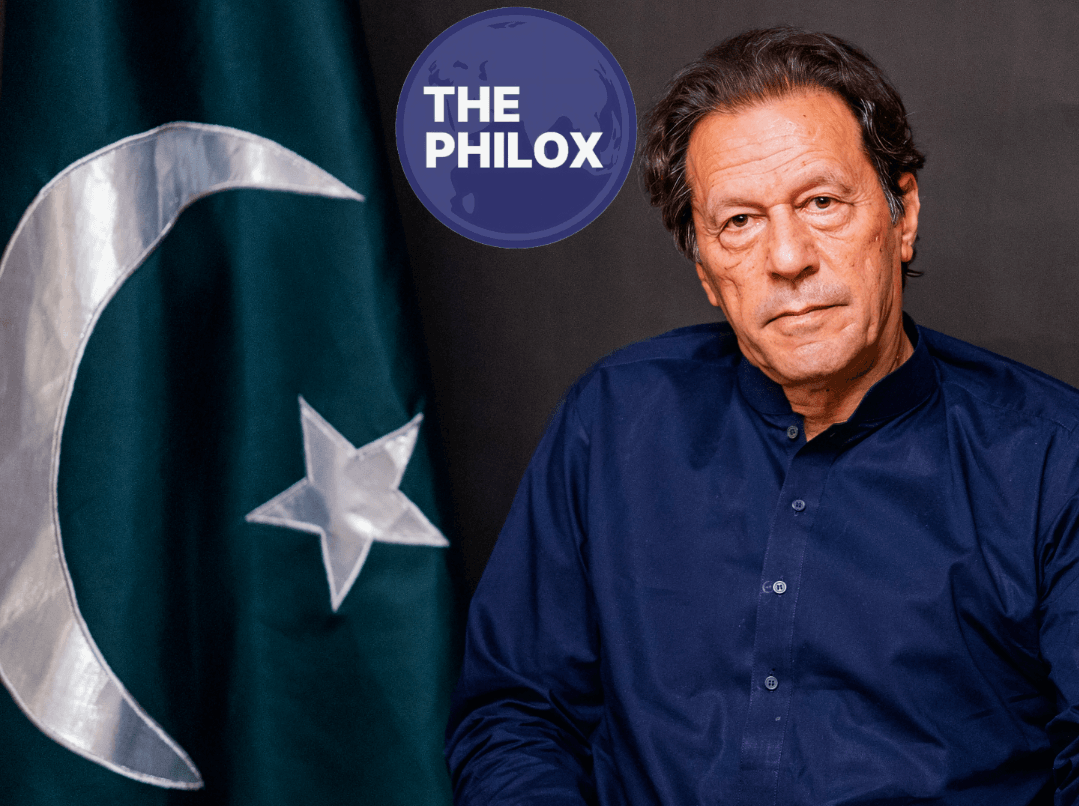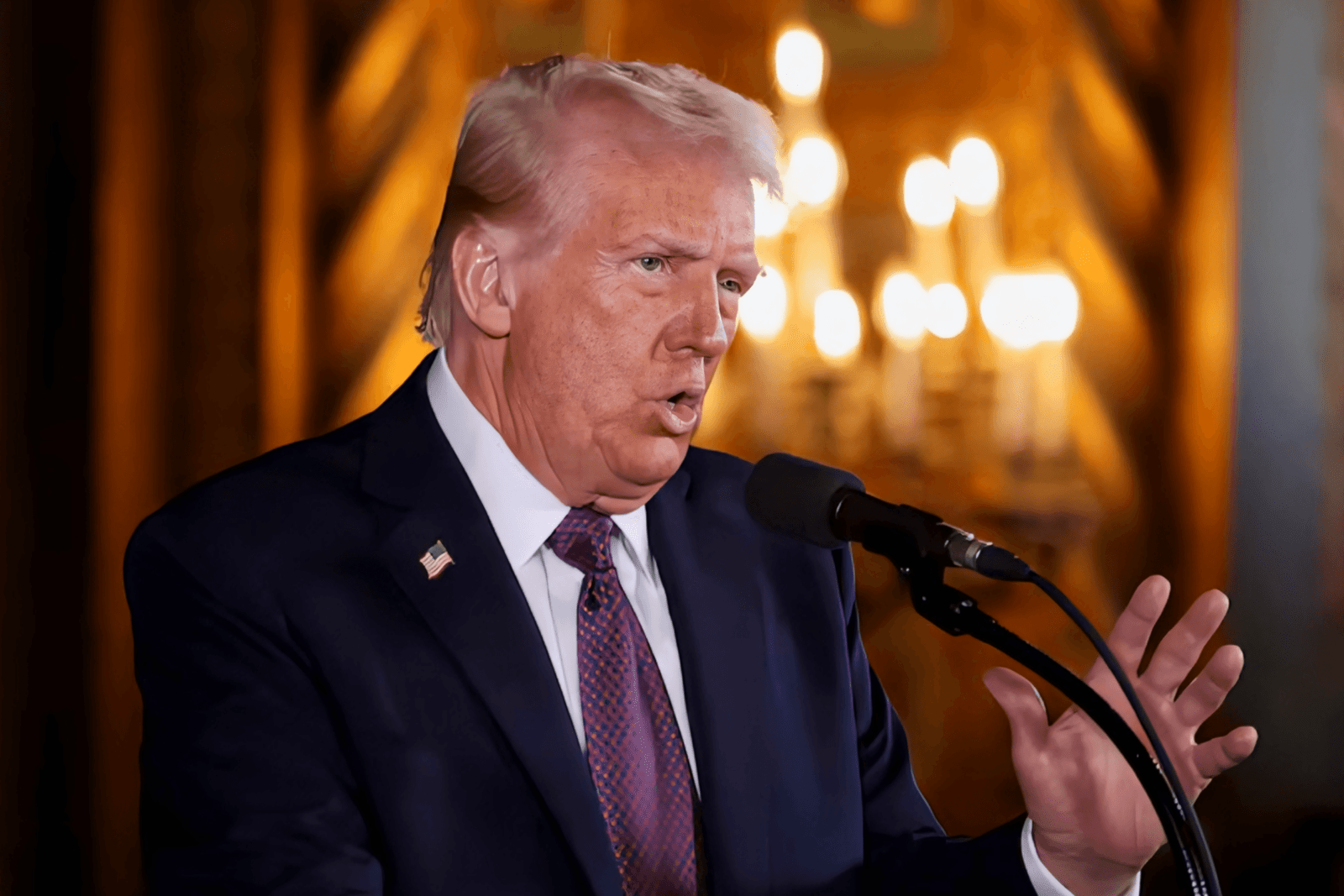Former Prime Minister of Pakistan Imran Khan has been a major player in humanitarian work as well as politics.
He was a world-class cricket player who guided Pakistan to triumph in the 1992 Cricket World Cup before ever running for office.
Later on, he entered politics and established the Pakistan Tehreek-e-Insaf (PTI) party with the goal of delivering progress, justice, and equality to his nation.
Global respect for him comes from his leadership style and efforts toward peace; he has even been nominated for the Nobel Peace Prize.
The Peace Motion Towards India
Imran Khan’s attempts to lower tensions between Pakistan and India helped him to be nominated for the Nobel Peace Prize among other main factors.
Following a suicide explosion in Pulwama, which claimed several Indian paramilitary troops, a major battle broke out between the two nearby nations in 2019.
India blamed Pakistan for the incident, which set military tensions higher and resulted in airstrikes.
Tensions were at an all-time high when India and Pakistan were on near war during this crisis.
But Imran Khan made a big step toward peace when he ordered the release of Wing Commander Abhinandan Varthaman, an Indian Air Force pilot who was taken prisoner when his plane was shot down in Pakistani territory.
Imran Khan announced his quick release as a “peace gesture” to defuse the matter instead of using the caught pilot.
Globally, his choice was much welcomed since it stopped more bloodshed and encouraged nonviolent communication.
Initiatives on the Kartarpur Corridor
Opening the Kartarpur Corridor, which links the Sikh holy site of Gurdwara Darbar Sahib in Pakistan with the Indian border, marks another significant action Imran Khan took in advancing peace.
Strict visa rules and strained relations between the two countries caused challenges for Sikh pilgrims from India accessing this holy site for decades.
The government of Imran Khan launched a visa-free corridor, therefore enabling thousands of Sikhs to visit their sacred site free from any difficulties. Finished in record time, the project opened in November 2019.
Since this action offered a good model of religious harmony and peaceful cohabitation, it was considered as a significant step in strengthening ties between Pakistan and India.
Imran Khan’s humanitarian deed was commended by several foreign politicians and Sikh groups all across.
Afghanistan’s Efforts for Peace
Imran Khan also was crucial for the peace effort in Afghanistan. Afghanistan had been enduring conflict, brutality, and instability for decades.
Pakistan was essential in enabling communication between the United States and the Taliban as they were in protracted negotiations to bring about a ceasefire from the war.
Pakistan acted as a middle ground under Imran Khan’s direction and arranged several talks between U.S. officials and Taliban delegates.
His government urged both sides to look for a nonviolent answer rather than depending just on military ones.
Considered as a vital first step toward bringing the war in Afghanistan under control, these diplomatic initiatives helped the U.S.-Taliban peace deal to be signed in 2020.
Humanitarian Concerns and Refugee Support
Apart from his diplomatic initiatives, Imran Khan is well-known for his humanitarian activity.
He established the first charity-based cancer hospital in Pakistan, Shaukat Khanum Cancer Hospital, to offer impoverished people free treatment even before he started politics.
His commitment to social service persisted during his Prime Ministerial term.
Support of Afghan refugees was one of his main contributions. For decades Pakistan has been hosting millions of Afghan migrants, and Imran Khan’s government worked to better their quality of living.
At international venues, he also promoted their rights and urged the world to assist Afghan refugees rather than turn away their hardships. His humanitarian crisis attitude won him respect all around.
Viewpoint on Global Unity and Islamophobia
Imran Khan also became a potent advocate against Islamophobia. Emphasizing how hate speech and persecution of Muslims were growing globally, he brought up the matter at the United Nations General Assembly and other international venues.
He exhorted world leaders to advance among many cultures religious tolerance and mutual respect.
His attempts to unite Muslim nations and raise knowledge of Islamophobia were well-known.
Emphasizing that peace can only be reached if people respect one another’s beliefs, he demanded deeper understanding among all civilizations and religions.
This strategy helped him to be a popular leader among Muslims all around and enhanced his credibility as a peace activist.
Ultimately
Imran Khan’s candidacy for the Nobel Peace Prize acknowledged his actual efforts to foster stability and peace in the area, not only a political token.
His choices to lower tensions with India, promote peace in Afghanistan, assist refugees, and spread awareness against Islamophobia all helped to define him as a leader dedicated to peace.
Although his tenure in office was not without difficulties and controversies, his initiatives in advancing diplomacy, humanitarian work, and communication had a major influence on worldwide peace initiatives.




